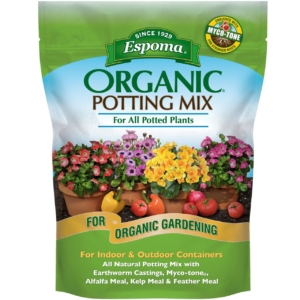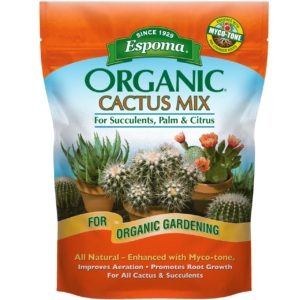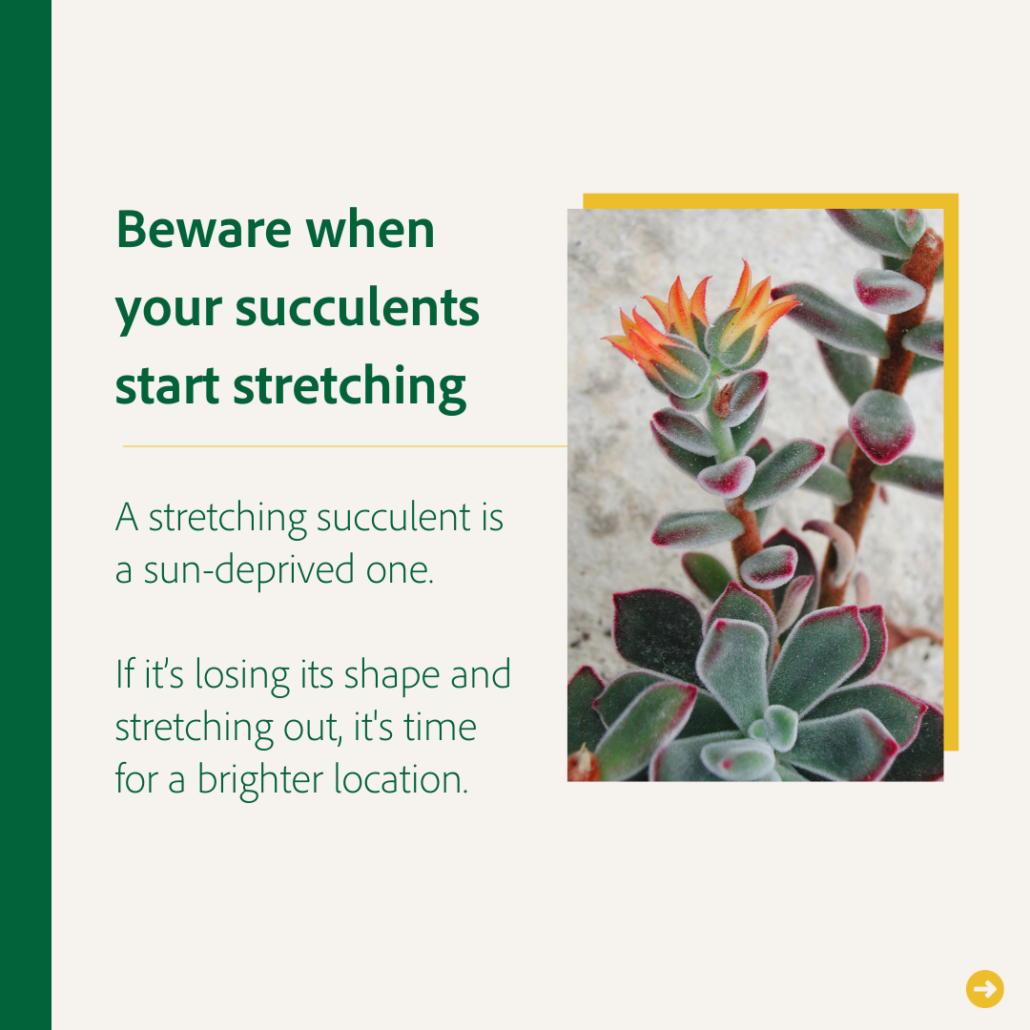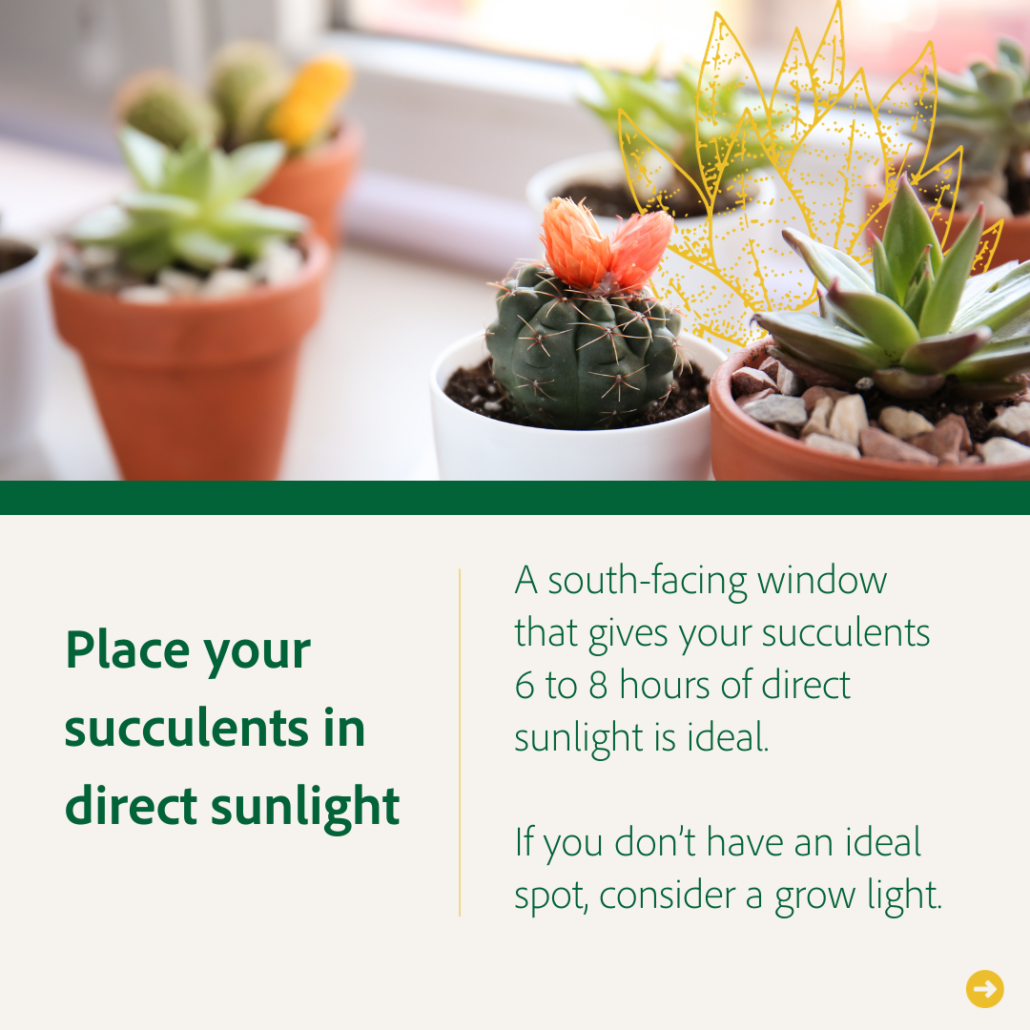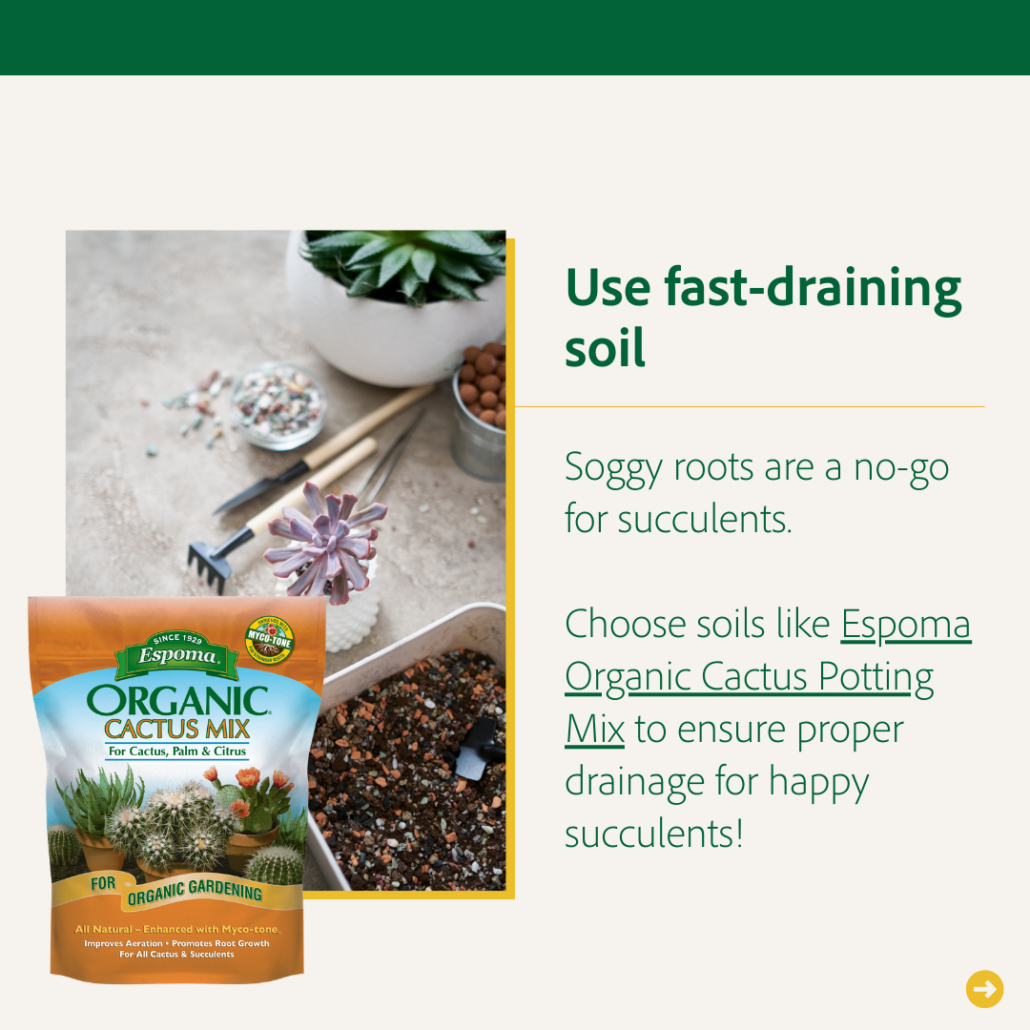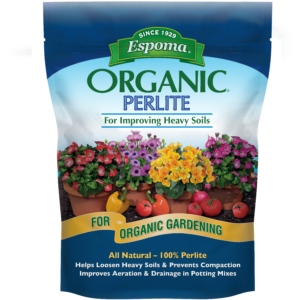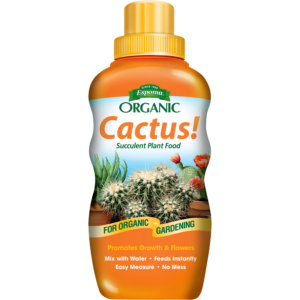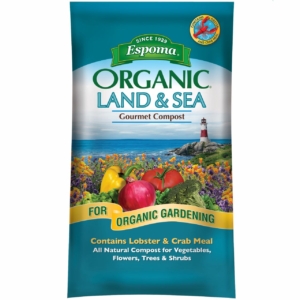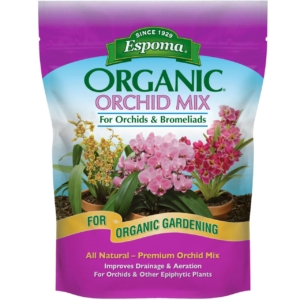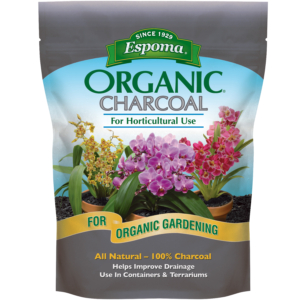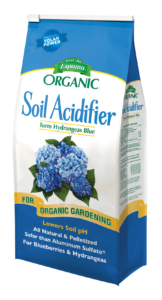With its glossy leaves and signature holes, Monstera deliciosa (a.k.a. the Swiss Cheese plant), has become the latest Instagram celebrity. Named after the Latin word “monstrous,” these plants’ leaves can grow up to two feet wide! The Monstera is popular among plant parents looking to create an urban jungle in their homes, and despite appearances, aren’t that tricky to care for.
This blog is inspired by Episode 33 of Growing Joy with Maria Podcast, where host Maria Failla interviewed Scott Cain, owner of @tropicaloco on Instagram, to discuss how to keep your Monstera happy and healthy.
Caring for Your Monstera
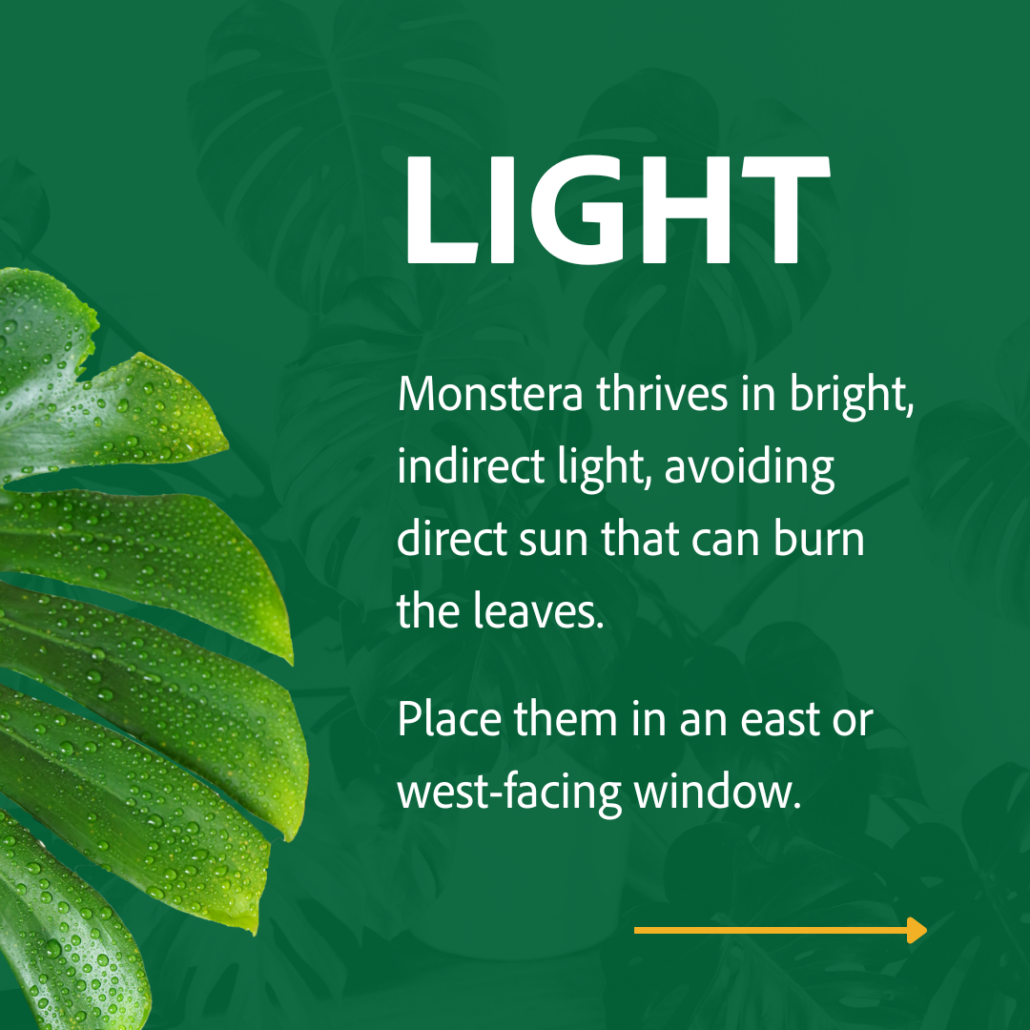
Light
Monsteras thrive in bright, indirect sunlight. Place your Monstera 1-3 feet away from an east-facing or west-facing window where it will receive bright, indirect light throughout the day. Avoid south-facing windows as they can provide harsh, direct sunlight that will scorch the leaves. If your Monstera sits in direct light, keep a close watch to make sure leaves do not burn.

Water
Monstera is a tropical plant that prefers evenly moist (but not soggy) soil. Allow 1-2 inches of the topsoil to dry out between waterings, checking with your finger to be sure there is no residual moisture. According to Scott, it’s better to under-water these plants than over-water them. For assistance in the perfect balance, use an organic potting soil like Espoma Organic Potting Mix to help retain moisture.

Fertilizer
During the growing season, use a diluted liquid fertilizer to help encourage new growth. Look for options made for tropical foliage plants, such as Espoma Organic Indoor Plant Food!
Cleaning
Over time, Monstera leaves can gather dust that blocks their ability to photosynthesize. Every 1-2 weeks, gently wipe both sides with a damp cloth or paper towel to remove dust. For an occasional, deeper clean, move the plant to a kitchen or bathroom for a gentle shower. Be sure it dries fully before returning to bright light to avoid sunburn.
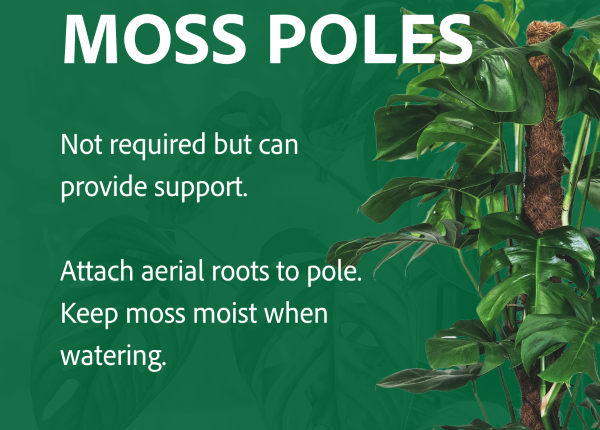
Support
While not always needed, providing a moss pole or other support structure can help train your Monstera’s growth vertically. If aerial roots form, gently tuck them into the moss pole or back into the soil to ensure they do not lose nutrients. For the best moss pole, keep it slightly moist.
Fixing Common Monstera Problems
If your Monstera leaves start to change colors or droop, pinpoint the problem with this troubleshooting guide by Scott:
- Drooping or yellowing leaves: Normally a sign of overwatering. Allow soil to dry out more between waterings.
- Brown leaf tips: Indicates too much sun, overwatering, or just old leaves. Remove the entire leaf by cutting at the base of the stem.
- Small new leaves: If your plant’s new growth is smaller than other leaves, it needs more sunlight. Move it closer to a window.
- Wilting: Both too little and too much water can make the leaves wilt. Check soil moisture by sticking your finger in it before watering to ensure you are watering at the right times.
By observing your plant’s needs and making adjustments accordingly, you can get your Monstera back to its healthy, happy self. Patience and attentiveness are always key!
Different Types of Monstera Plants
There are around 50 species in the Monstera genus, though the types you’re most likely to find for sale include:
Monstera deliciosa: The classic swiss cheese plant, known for its big, heart-shaped leaves. In the wild, it can produce edible fruit.
Monstera adansonii: Also referred to as the swiss cheese vine, due to its smaller oval leaves and growth like a vine.
Monstera borsigiana: Sometimes confused with deliciosa, it has flexible leaves without the ruffled part where they attach to the stems.
Monstera obliqua: Very rare as houseplants. It has lacy leaves with lots of holes and thin leaf strands.
Monstera variegata: A Monstera variety with white variegation on the leaves. Variegated Monstera need more light than non-variegated Monstera.
Caring for your Monstera is simple as long as you stay aware of the right growing conditions. Their interesting shapes and detailed leaves make them gorgeous to plant parents and visitors alike.
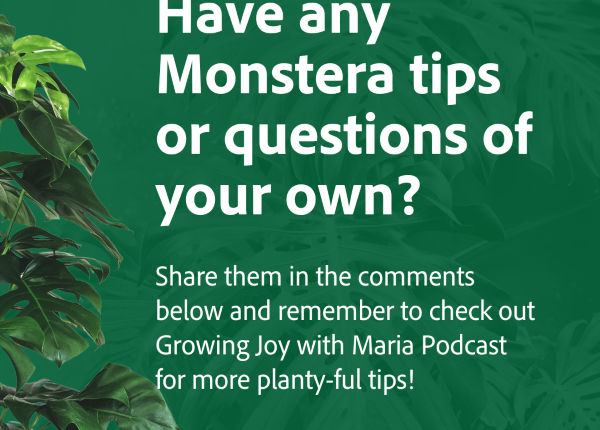
*****
Featured Products:

